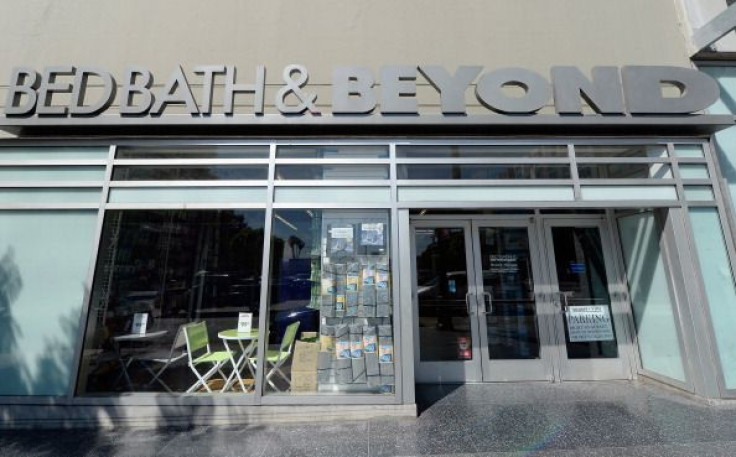Bed Bath And Beyond Coupons: 20 Percent Off Discounts Could Be Over As Company Expands Online

You may love that Bed Bath and Beyond 20 percent off coupon that frequently appears in your mailbox, but the home-furnishing company is blaming the little piece of paper for costing them money. Bed Bath and Beyond saw a 10 percent profit decline in its most recent quarter, according to media reports.
During the company’s 2015 earning conference call with investors, it was revealed that although revenue may have increased by 1.7 percent to $3 billion, profit loss totaled $202 million because of the distribution of the coupons.
While customers have gotten used to and in some ways feel entitled to receiving the generous discount, Bed Bath and Beyond is reportedly planning to attract more customers to shop at the store through marketing. Although they have not fully embraced the idea of e-commerce compared to other home furnishing companies like Overstock.com and Wayfair.com, which have become go-to sites for online home goods, the company is attempting to catch up, the Washington Post reported.
Bed Bath and Beyond has expanded its online store, offering a broader variety of merchandise like patio furniture and mattresses. They are also attempting to make their online presence stronger by marketing through digital platforms like social media and email. In an effort to provide better shipping, the company is building more distribution centers.
As for in store appeal, next year, Bed Bath and Beyond plans to open a megastore in Brooklyn, New York, where the 100,000 square foot space will feature company owned stores such as Buy Buy Baby, Harmon Face Values, Cost Plus World Market and Bed, Bath and Beyond under one roof.
During the conference call, Chief Executive Steven Temares noted that customers shift back and forth between shopping online and in-store. “When an item purchased online is returned to a store, it results in a reduction in store sales; or when an item is being shopped for in the store and concurrently purchased on a mobile device, it is treated as a mobile sale,” Temares told investors.
© Copyright IBTimes 2024. All rights reserved.












